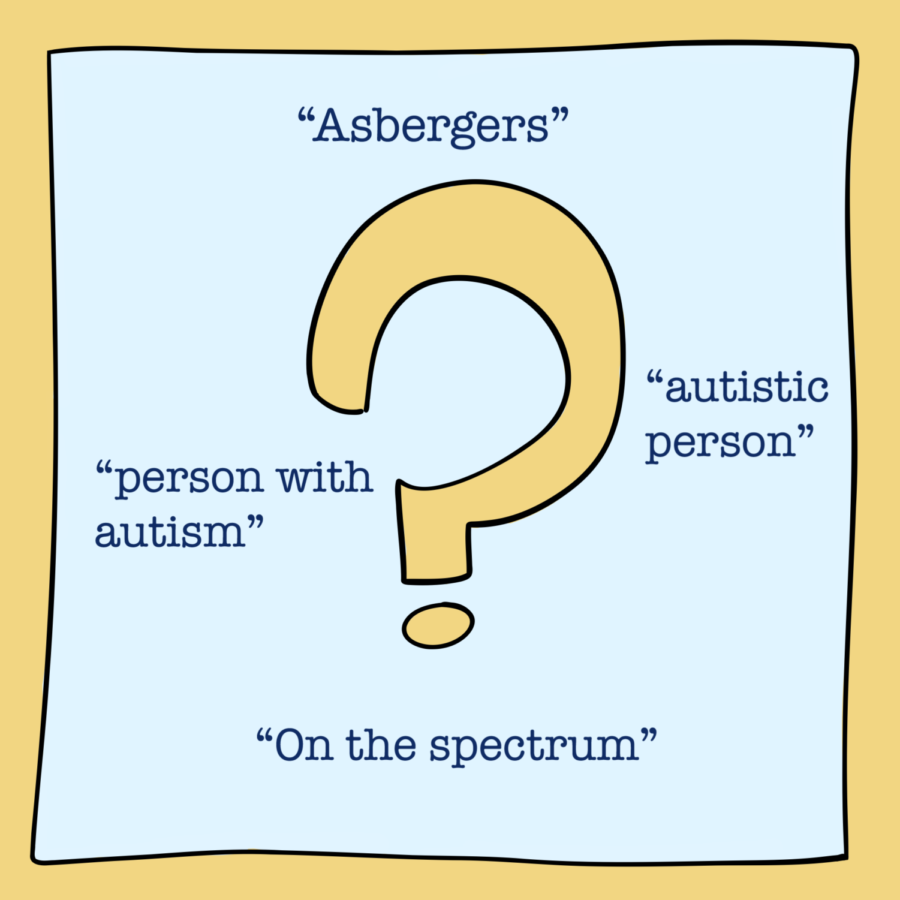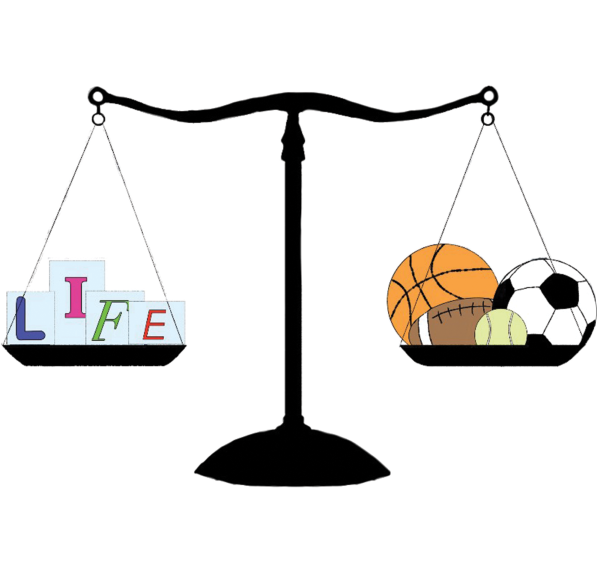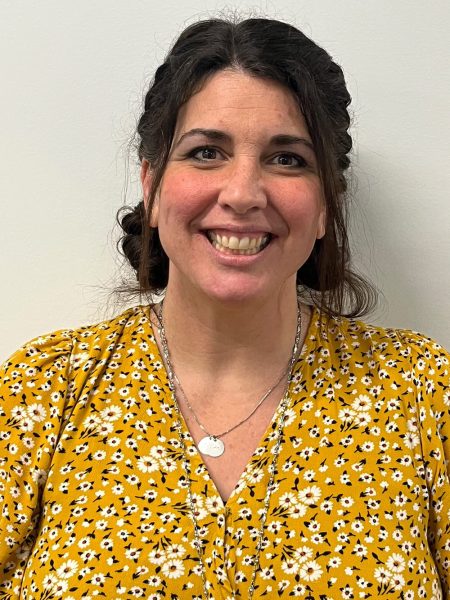Language, stereotypes can negatively affect people with Autism
With April being Autism Awareness Month, it’s important to reflect on how your actions affect the people around you, as well as how the language and symbols used might be harmful to those with Autism.
One common term used in reference to people with Autism is the word “Aspergers.” While many may not be aware of the difference, for those diagnosed with Autism, it can be extremely important to differentiate the two.
The diagnosis for Aspergers was named after Nazi psychiatrist Hans Asperger, most notable for his studies of Autism in children. Many feel, considering Asperger’s motives and implications, that Aspergers is no longer a fitting name for those with Autism. Up until 2013 in the U.S., you could be diagnosed with Aspergers syndrome, rather than Autism. It was a way of diagnosing people with Autism who experienced less noticeable symptoms.
Sophomore Adison Basler, who is in the process of being diagnosed with Autism, said she wasn’t aware of the history for a while. But once they were aware of what it meant, she understood why some may not prefer the term.
“Others should definitely educate themselves on it,” Basler said. “However, if someone has been diagnosed with that term and would like to continue using it, that’s their right. I’d just advise most people against using it.”
Many people with Autism also feel the topic of “person first” vs. “identity first” language is an important one.
Sophomore Evangeline Johnson, who is self diagnosed with Autism, stated she preferred person first language. As they feel that her Autism is part of her identity as a person.
Johnson believes that “person with Autism’ sort of implies Autism is something that applies to you, something that is happening to you, rather than [that being] who you are.
“I think people often get the idea that Autism is something that is happening to you, so the thought of making it stop happening comes, and that can be a really dangerous kind of toxic way of thinking,” Johnson said. “I just prefer the like identity of ‘Autistic person.’”
However, others might disagree, so it’s important to ask a person their preference, rather than trying to find the “right” answer, because the choice can vary from person to person.
A challenge many people can face is the idea that Autism is a very difficult diagnosis to receive. It’s most often portrayed as a male-only disease, according to a 2017 study by the National Library of Medicine, the ratio of men to women diagnosed with Autism is 3:1.
Freshman Lily Splindor, who is diagnosed with Autism, said she actually only got diagnosed because she switched therapists.
She remarks that her old therapist had suggested she had OCD, not Autism, which she did not think was an accurate diagnosis.
These misdiagnoses are very common for women and girls with Autism, an article by Beth Arky on the Child Mind Institute website stated.
According to clinical neurologist doctor Susan F. Epstein who is referenced in the article, autism is often missed in young girls. Since the “model” for what a person with Autism looks like is largely based around symptoms that men exhibit.
It’s important to consider these biases when thinking about people with Autism. While some people may present as the stereotypical “emotionless” and “hyper focused” way, Autism affects everyone differently.
Basler believes it’s important to ask Autistic people about their experiences.
“For the longest time, Autistic people have been spoken for, misrepresented in the media by non-Autistics, and infantilized,” Basler said. “We need more actually Autistic people, whether writers or actors, to represent themselves in media.”
Basler states that simply informing yourself can be hugely helpful. And one of the many steps to take in understanding Autism is to educate yourself on the language you use.

Valentine Lindsey (he/him) is a junior who loves movies, fast food and Spider-Man. He likes writing for The Oracle because it gives him an outlet to express his very strong opinions on trivial matters.
















